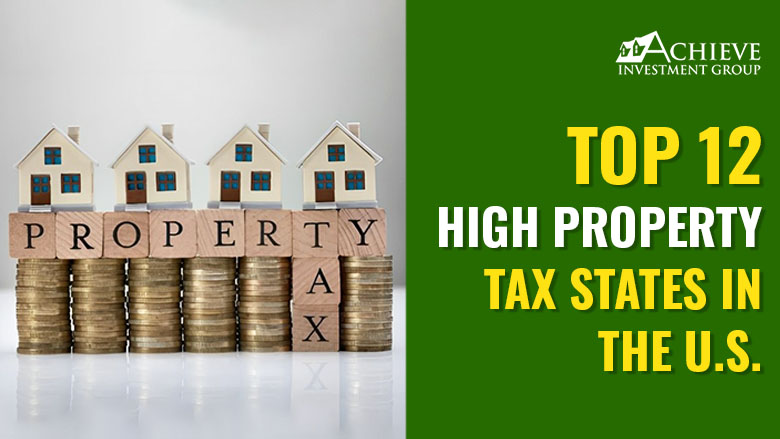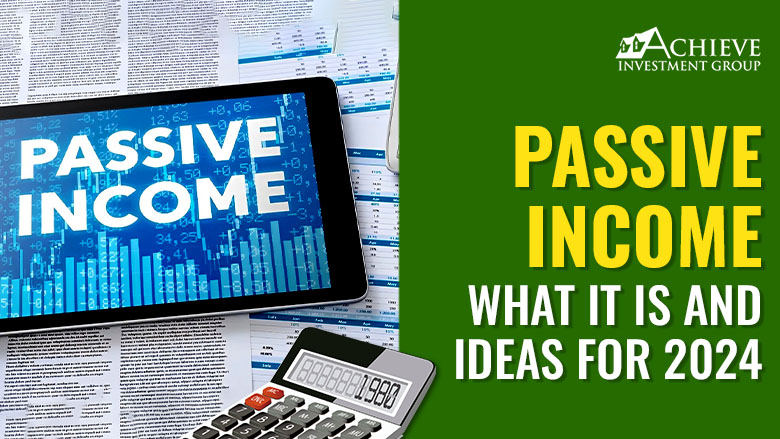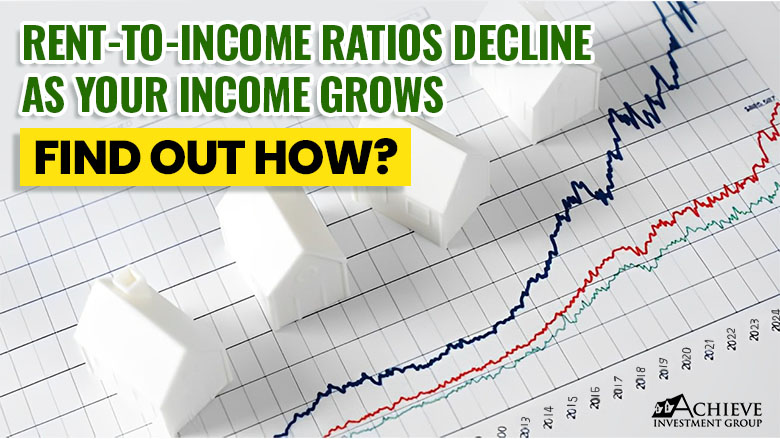The Impact of Economic Trends on Apartment Investing in the USA
Economic trends significantly influence apartment investing in the USA, shaping market dynamics, investment strategies, and property values. Understanding these trends is crucial for investors aiming to navigate the complexities of the real estate market effectively. Economic Trends Affecting Apartment Investing Inflation and Interest Rates Inflation plays a pivotal role in real estate investments. As inflation rises, the purchasing power of money decreases, impacting rental income and property values. Investors must consider how inflation erodes profits; for instance, returns diminish if rental income does not keep pace with inflation. Additionally, high inflation often leads to increased interest rates, making borrowing more expensive. This scenario can reduce demand for apartments, as potential buyers and renters may struggle to find help to afford housing costs. Employment and Income Levels The health of the job market directly influences apartment demand. High employment rates typically correlate with increased consumer confidence and spending power, leading to a higher demand for rental properties. Conversely, economic downturns can result in job losses, decreasing demand for apartments and potentially leading to higher vacancy rates. Investors should monitor employment trends to gauge future rental demand. Supply and Demand Dynamics The balance of supply and demand is critical in real estate. In areas where population growth outpaces housing supply, rental prices may rise. Conversely, oversupply in specific markets can lead to declining rents and property values. Increasing apartment construction—projected to add over 460,000 units in the US this year—may help alleviate some affordability issues, but it’s essential to consider local market conditions. Technological Advancements Emerging technologies are reshaping the real estate landscape. Innovations in property management, smart home technology, and sustainable building practices are becoming increasingly important. Investors should stay informed about technological trends that can enhance property value and tenant satisfaction, as these factors can significantly influence investment decisions and market competitiveness. Geopolitical Factors Geopolitical events and global economic trends can also impact the real estate market. Trade tensions and regulatory changes may introduce uncertainty, affecting investor confidence and market dynamics. Investors should be aware of these external influences as they can lead to fluctuations in demand and property values. Conclusion In conclusion, apartment investing in the USA is intricately linked to various economic trends, including inflation, employment rates, supply and demand dynamics, technological advancements, and geopolitical factors. By understanding these influences, investors can make informed decisions and adapt their strategies to optimize returns in a fluctuating market. FAQs How does inflation affect apartment investing? Inflation erodes purchasing power, impacting rental income and property values. Investors must ensure rental increases keep pace with inflation to maintain profitability. What role do interest rates play in real estate investments? Higher interest rates increase borrowing costs, which can reduce demand for apartments as potential renters and buyers face affordability challenges. Why is employment meaningful for apartment demand? High employment rates boost consumer confidence and spending power, increasing demand for rental properties. Conversely, economic downturns can decrease demand. How do supply and demand influence rental prices? When demand exceeds supply, rental prices typically rise. Conversely, an oversupply of apartments can lead to decreased rents and property values. What technological trends should investors watch? Investors should pay attention to advancements in property management, smart home technology, and sustainable building practices, as these can enhance property value and tenant satisfaction.










